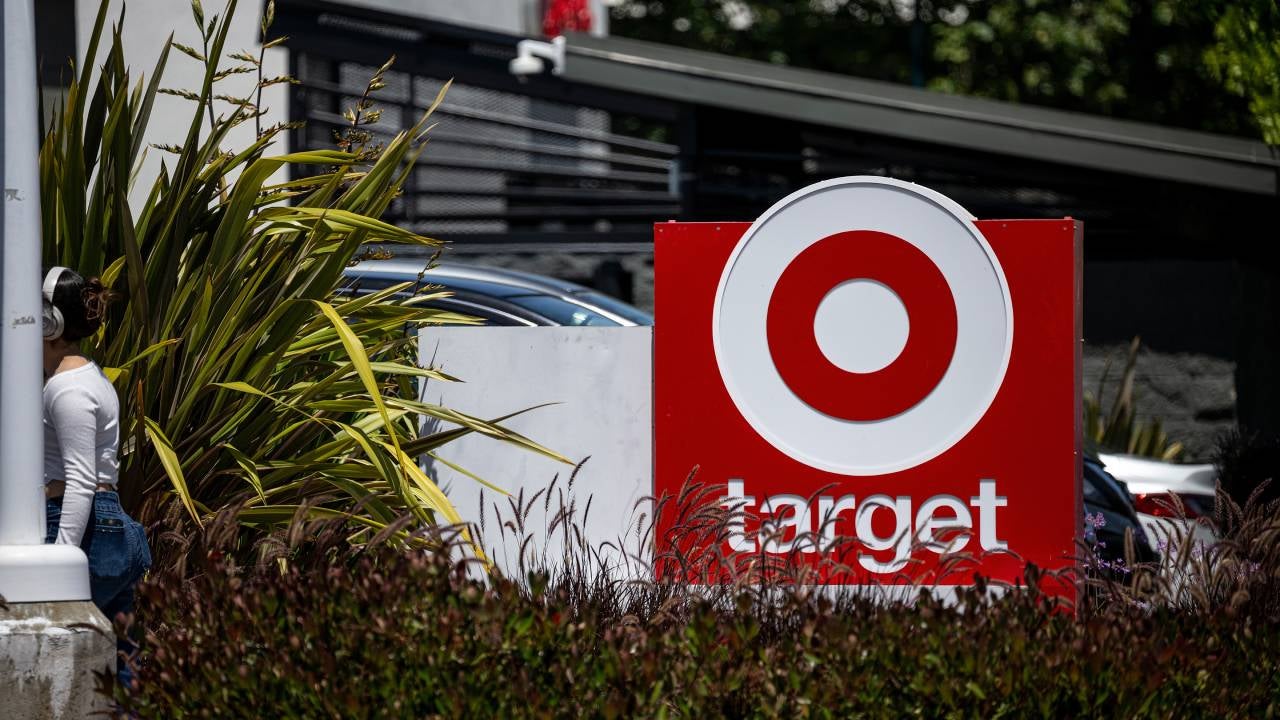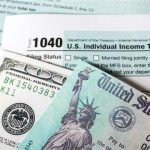Target’s latest earnings report shows the company may be losing the retail mojo it once had. The company reported first-quarter revenue and earnings that missed analysts’ expectations Wednesday, citing weak consumer sentiment, tariff uncertainty and DEI backlash. Target also pulled back on its full-year guidance.
“Target’s strategy, scale and long-term perspective enable us to stay resilient in difficult times and keep investing in the future,” said CEO Brian Cornell in a news release. “We are not satisfied with recent performance, and we’re focused on accelerating our strategy to drive long-term profitable growth and deliver the assortment, experience and value consumers expect from Target.”
Investors also weren’t satisfied with the recent performance. Target (TGT) stock was down about 5 percent at the close Wednesday. The company reported earnings of $2.27 in diluted earnings per share for the first quarter, up from $2.03 a year ago, but still well behind Wall Street’s expectations. First quarter revenue was $23.8 billion, down 2.8 percent year over year. Same-store sales were down 3.8 percent.
Target’s first-quarter challenges: Tariffs, too much stuff, too few shoppers
In a lot of ways, Target is facing the same challenges as other big-box retailers at the moment: higher costs from tariffs and cautious shoppers. But the company has also recently faced some more unique challenges, such as a decline in discretionary shopping, DEI rollbacks and subsequent boycotts and excess inventory.
“In the first quarter, our team — and our business — faced an exceptionally challenging environment that affected our performance with declines in both traffic and sales, most notably in our discretionary categories,” Cornell said in the earnings call. “For several years now, we’ve seen pressure in our discretionary businesses, as spending adjusted down from elevated levels during the pandemic and then moved further away in the face of historically high inflation in needs-based categories.”
Target has long been known for its cheap, yet chic approach when it comes to the goods it sells. Think clothing, shoes, home goods and other apparel — known in the industry as consumer discretionary goods. But, Target’s grocery category (a consumer essential) isn’t as big as, say, competitor Walmart’s.
But here’s the problem: In times of economic uncertainty, consumers are less likely to spend on items they don’t need, like a pair of trendy shoes and a new shirt, and more likely to continue buying the things they do need, like groceries.
Higher costs and uncertainty surrounding tariff policy also put a dent in first-quarter earnings. Company leadership didn’t give specifics related to the exact price increases it would have to employ due to tariffs on the earnings call, but said it would leverage its size, scale and resources to navigate tariffs. Earlier this year, Cornell expected to raise prices on fresh produce from Mexico as those tariffs went into effect.
The company also said boycotts, sparked by the rollback of DEI initiatives, affected first-quarter results and discretionary sales.
All of these factors and subsequent lower sales have created a unique inventory storm for Target. The company reported that inventory was up 11 percent over last year in the first quarter. This means Target has too much inventory sitting on shelves, though the company said it has, and will continue to, try and shrink that inventory.
Excess inventory can be bad news for stock prices. It costs money to store extra goods, and that could force Target to sell at discounts that eventually hurt profit margins. On top of that, tariffs mean goods are now more expensive to import from some countries.
The company cut its guidance for sales and earnings and now expects a low, single-digit decline in sales, down from a previous growth projection of 1 percent, and GAAP earnings-per-share of $8 to $10, down from its previous guidance of $8.80 to $9.80.
Analysts’ views were neutral Wednesday. J.P. Morgan rated the stock neutral, Baird analysts rated the stock neutral and Citi also rated the stock neutral.
Editorial Disclaimer: All investors are advised to conduct their own independent research into investment strategies before making an investment decision. In addition, investors are advised that past investment product performance is no guarantee of future price appreciation.
Read the full article here
















